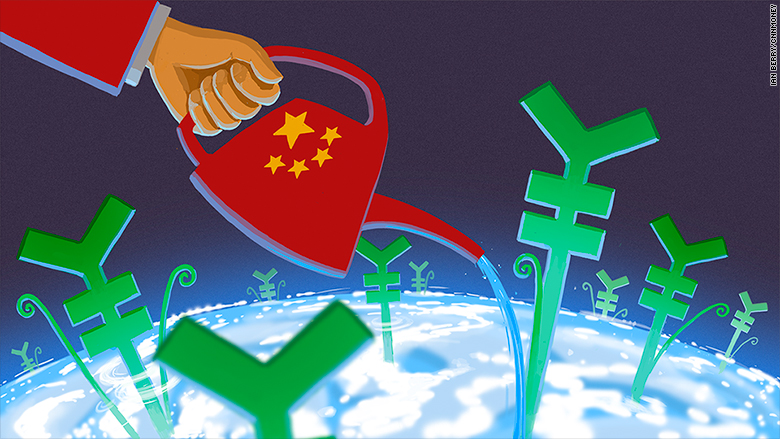How should the world deal with a rising China?

One of the more thoughtful pieces on a key issue – how to deal with rising, undemocratic China – has just appeared in Der Spiegel. Bernhard Zand, a long-time foreign correspondent for the publication, and in Beijing since 2012, wrote a long and painfully honest analysis of how little the West knows or understands China.
He points to the two different ways of perceiving economic fair play. The West complains that China subsidizes entire industrial sectors, exerts economic pressure on countries and limits access to its markets. But China remembers, as Mr Zand writes, “when the West laid down the rules of global trade, Europe’s great powers didn’t bother with subsidies or market restrictions. They sent warships up the Pearl River and the Yangtze, muscling their way into Chinese ports and establishing colonies, which they called ‘concessions’, such as the region surrounding Jiaozhou Bay.”
Quite.
Then again, there is the question of world maps. The West literally maps the world differently and its assessment of the standing of different countries is very naturally based on its own interests. This finds reflection in world news bulletins, say on the BBC.
But the Chinese also map the world differently. Mr Zand notes the following:
“On Chinese world maps America lies far to the east, while Europe often appears as a small peninsula to the northwest of Russia. The Pacific, the subcontinent and Africa appear much larger.”
So to the question: how to respond to rising and repressive China?
Building up knowledge of it would be a start. Mr Zand points out that the Berlin-based Mercator Institute for China Studies is “one of the few think tanks in the world that specializes in China” and the western media is “not nearly as strongly represented in China as in America”.
All of these are good points. The only improbable suggestion is Mr Zand’s proposal for “a broad initiative – one which includes the US — to establish global standards for the use of digital mass surveillance technology”. What would unilaterally inclined US President Donald Trump do with an international “broad initiative”? He’d throw it out of the window.

